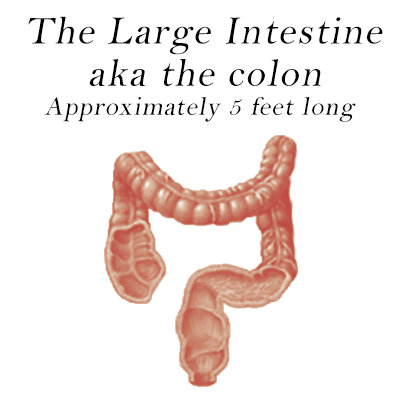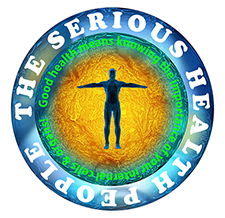
When the medical professionals cannot find a specific cause for a particular chronic ailment it often gets labeled as a syndrome because the symptoms seem to consistently exist as a group in most patients.
Irritable Bowel Syndrome also known as IBS or a spastic colon is unfortunately a problem the medical profession has not been able to absolutely determine the cause of and it has been labeled as uncurable.
Common symptoms may include one or more of the following:
1) abdominal pain
2) bloating
3) diarrhea
4) constipation
5) stomach cramps
The Mayo Clinic says that changes in gut microbes which include changes in bacteria, fungi, and viruses, are different in those who suffer from IBS than those who do not suffer from IBS. This would indicate that if your gut bacteria isn’t properly balanced you would likely be more susceptible to IBS and other gut disorders.
Bacterial overgrowth can be associated with IBS. There is good gut bacteria and bad bacteria. The intestinal walls are lined with muscles. Those muscles job is to contract to move food through your digestive tract. Strong long lasting contractions can cause diarrhea, bloating, and gas. Weak contractions can cause the passage of food to be slow which can cause hard, dry stools. Like with every aspect of your bodies internal system there is a perfectly balanced middle point and too far extreme in either direction can cause significant discomfort or serious issues.
Resources:
Mayo Clinic (https://mayoclinic.org)
https://www.mayoclinic.org/diseases-conditions/irritable-bowel-syndrome/symptoms-causes/syc-20360016?utm_source=Google&utm_medium=abstract&utm_content=Irritable-bowel-syndrome&utm_campaign=Knowledge-panel
Last viewed: 20240301
NHS Inform (https://nhsinform.scot)
https://www.nhsinform.scot/illnesses-and-conditions/stomach-liver-and-gastrointestinal-tract/irritable-bowel-syndrome-ibs
Last viewed: 20240301
